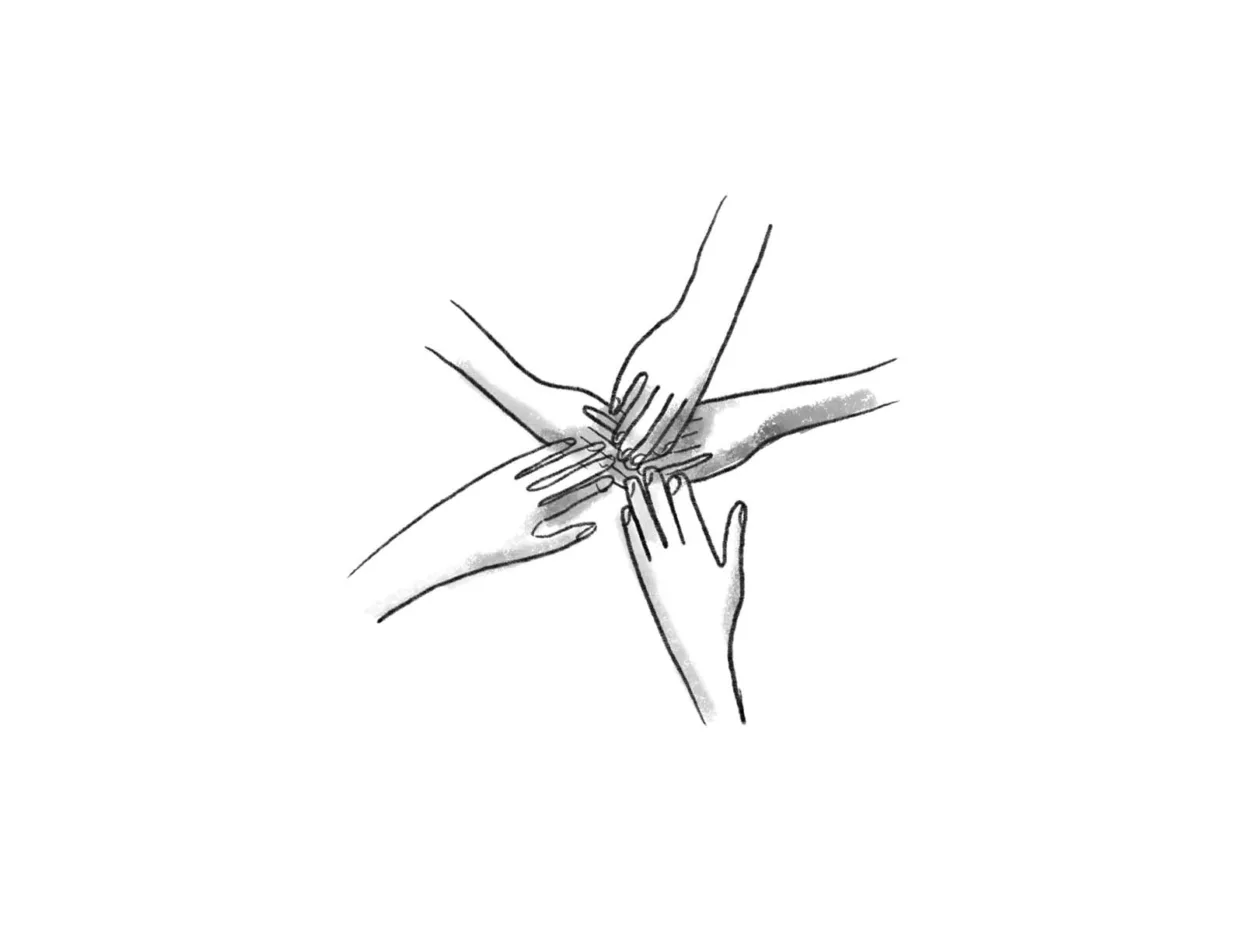
Image by Ivy Sanders Schneider

Image by Ivy Sanders Schneider
The first legal document on which I ever signed my name as a licensed attorney was a writ of habeas corpus for a man who had been in jail for six months without ever appearing before a judge, without ever being legally charged with a crime, and without ever speaking to an attorney. I had learned about the Sixth Amendment in law school; in multiple classes I had read Supreme Court cases explaining what it meant for an accused person to “enjoy the right to a speedy and public trial,” “to be informed of the nature and cause of the accusation,” and “to have the Assistance of Counsel for his defense.” But in an unremarkable county jail just like countless others across the country, this Amendment apparently meant nothing. I kept asking the jailers how this had happened. A man with a uniform and a gun stared at me blankly over a game of Candy Crush on his phone. “Sometimes people get lost in our files, ma’am,” he said. I hand-delivered the writ to the county clerk’s office, where it was stamped. A judge looked it over and lazily signed. My client was released within 24 hours, and only because a lawyer had filed a piece of paper. I couldn’t derive a lesson from the inanity and emptiness of the process. Were legal rights actually real?
I live in Texas, where abortion has been banned since the Court overturned Roe v. Wade last year. Being a lawyer and an outspoken critic of the conservative legal movement didn’t do anything for me when I needed an abortion back in January; but my experience fighting for people’s disregarded rights in the legal system taught me what it would take to protect my own. It turns out that what I needed, and what I found, was a connected, organized movement of people united in a cause — affirmatively providing access to healthcare where the state had cut it off. An activated movement was behind me and around me, Samuel Alito and the other five ghouls’ depravity be damned.
Law school doesn’t teach you about political and social movements; it teaches you, devoid of any other sociopolitical or historical context, that the most important social justice victories in our nation’s history resulted from Supreme Court cases. This reifies the perception that we need the Court — that it is, institutionally, morally good. Its history contradicts this premise — except for a few rare circumstances in which the Court has chosen to protect, for example, the individual right to an abortion or affirmed that an equal society is one that is racially integrated. These accomplishments, of course, have been reversed and gradually weakened, respectively. A progressive “win” at the Court should never be considered durable, much less the goal of a movement for social justice.
I work with law students now, and the despondency imposed by American political gridlock is palpable. They ask how to be hopeful for the future. Instead of looking to the Court to enshrine equality and achieve justice, I tell my students, we should orient ourselves towards the movements of people we believe the law should serve; we should collaborate with organizers and community members, contribute legal knowledge to efforts to expand our collective capacity to achieve justice. Let the modern conservative supermajority be the final nail in the coffin of the vision of the lawyer as savior. Hope is a discipline we have to practice and incorporate into our movements, and we don’t have to look far for it. There are models for success outside the legal system from which lawyers can learn crucial lessons: the movement for abortion access in Latin America, the movement for Palestinian liberation, the movement for Indigenous socialism on this continent, labor organizing in nearly any country in the world, migrant justice movements connected beyond borders. Let’s leave the diseased Supreme Court in the dark ages.
Rhiannon Hamam is a lawyer and cohost of the podcast “5-4.”